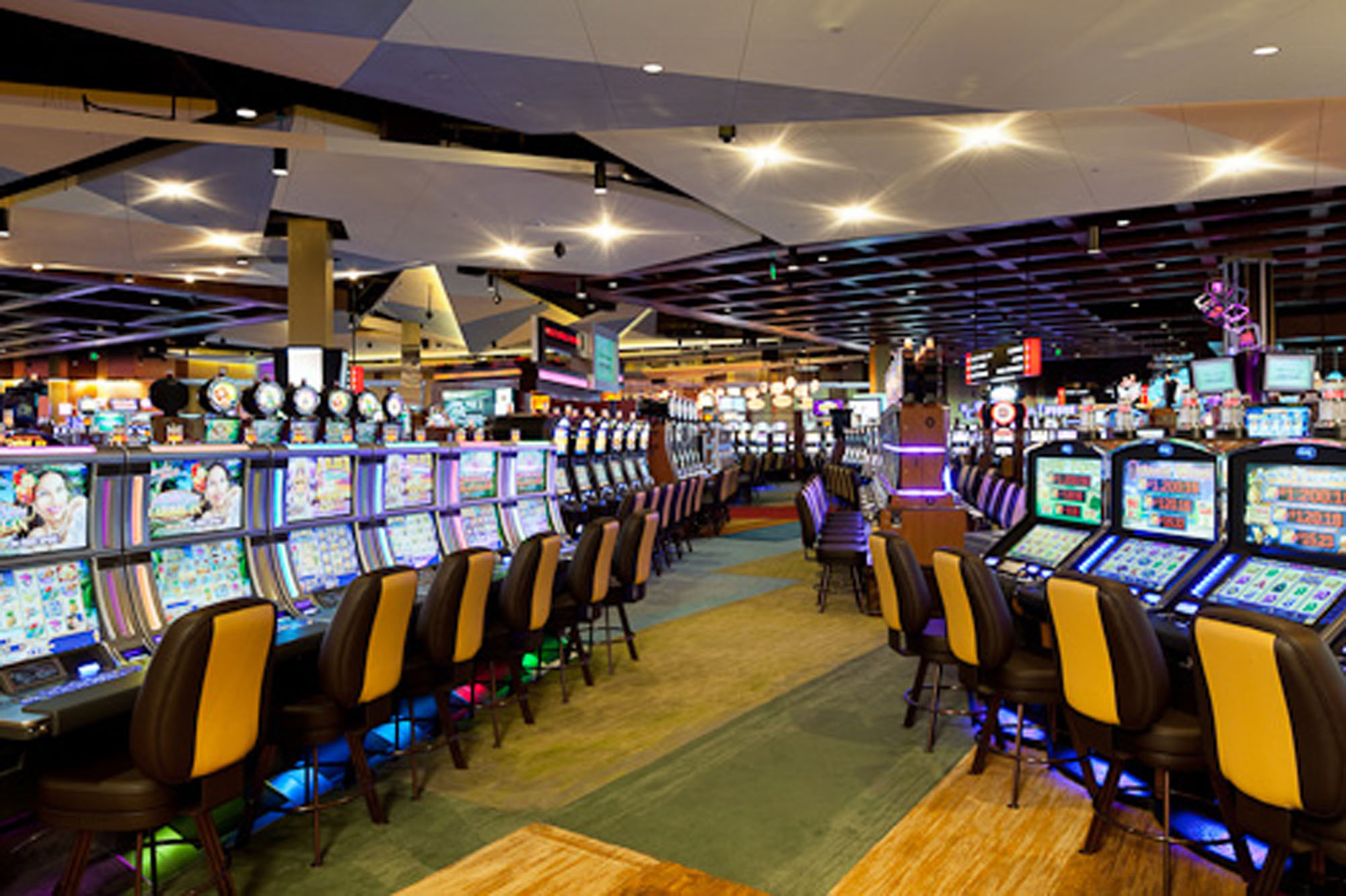
Casino games have consistently attracted various types of players, delivering not only the thrill of chance but also a distinct experience designed for diverse player types. Ranging from the strategic minds who excel at calculation and skill to the casual players seeking entertainment, casinos are aware of the details of their audience and create games that accommodate these diverse preferences.
In exploring the realm of gambling games, we discover a variety of options that interest players of all kinds. High-stakes poker tables draw those who are competitive, while colorful slot machines appeal to individuals in search of instant gratification. Whether it’s about the allure of winning big or simply savoring the social environment, casinos design their game offerings to ensure that all players find a place that feels comfortable and engaging. Comprehending how these games cater to diverse types of players can enhance not only our enjoyment of them but also our method for choosing which games to play.
Understanding Gamer Types
In the multifaceted world of casino entertainment, gamers can be categorized into specific categories based on their incentives and choices. These player kinds range from the laid-back and social gamers, who enjoy the fun value and community engagements that gambling provides, to the more strategic and methodical players, who seek to maximize their chances and winnings. Grasping these distinct kinds is essential for casinos to tailor their offerings and design immersive settings.
One common category is the group-oriented player, who considers casino games as a form of group interaction and enjoyment rather than a serious gambling endeavor. These players often enjoy games that encourage involvement and friendship, such as poker. Their emphasis is on the journey rather than the conclusion, so vibrant settings and collective moments are what they cherish the most.
On the opposite end of the spectrum, strategic players are driven by contest and the search of skill. They tend to lean toward games that necessitate strategic thinking and strategy, such as poker, where their abilities can influence the conclusion. This type often interacts with the games on a deeper level, utilizing expertise and approaches to achieve an edge. Understanding these incentives allows casinos to build atmospheres and game selections that address to each participant’s unique likings.
Strategies for Game Design
Gambling games are created with diverse player types in mind, utilizing multiple strategies to draw in and capture them. For casual players, the focus is on ease and clarity. Games like slot machines are often visually appealing with straightforward mechanics. This enables players to enjoy the experience without a steep learning curve, creating an welcoming atmosphere. The bright colors, engaging audio, and themes create a playful environment where players can quickly get immersed and entertained.
For strategic players who enjoy a more profound level of involvement, games such as poker and blackjack offer complexity and skill-based elements. These games incorporate strategy and decision-making, attracting to players who thrive on challenge and want to utilize their mental skills. The design of these games often includes intricate rules and mechanics that challenge players to refine their skills and develop strategies over time, creating a fulfilling experience for those who appreciate mastering the game.
Moreover, community-oriented players are catered to through games that emphasize engagement and community. This comprises live dealer games and multiplayer games, which cultivate a sense of camaraderie among players. The design of these games typically incorporates chat features and communal aspects, allowing players to connect and share experiences. By creating an environment where interaction is encouraged, casinos can effectively involve community players, making the gaming experience more enjoyable and memorable.
Improving Gamer Experience
Gambling games have progressed significantly to create a more immersive experience for gamers. Game creators focus on immersive images, dynamic sound effects, and novel gameplay mechanics that pull gamers into the casino atmosphere. By utilizing tech, such as immersive technology and augmented reality, gaming establishments ensure that players feel as if they are part of a dynamic atmosphere, enhancing in addition to the pleasure of the titles but also the overall experience of being in a casino.
Social interaction is another important factor in boosting participant engagement in gambling options. Many titles are developed to promote interaction among participants, whether through multiplayer modes or chat features. This social aspect is attractive to players who appreciate connecting with fellow players while playing, fostering a feeling of community. In addition, community aspects can consist of leaderboards, contests, and rewards for cooperative engagement, which attract ambitious gamers and encourage them to come back for more.
Finally, customization plays a pivotal role in adapting the experience for various participant categories. FB88 link Casinos and software designers examine participant habits and likes to present customized game suggestions and rewards. By comprehending the individual tastes of gamers, gaming establishments can offer tailored promotions, rewards, and new game releases that resonate with each participant, thus improving their total enjoyment and devotion to the gaming venue.